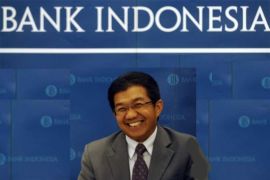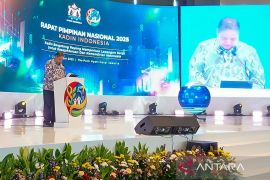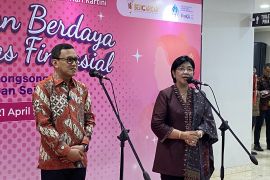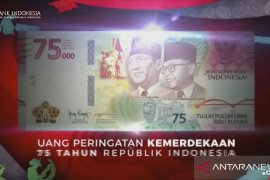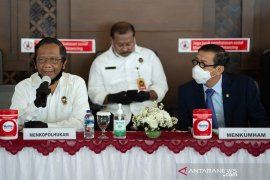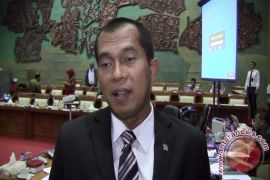Liquidity improved, deposits rose, credit also rose, NPL improved and third party funds also improved."Jakarta (ANTARA News) - The Chairman of the Board of Commissioners of the Financial Services Authority (OJK), Muliaman D. Hadad, said the banks liquidity improved as a result of the funds repatriated under the tax amnesty program.
Hadad, who was speaking after attending an event organized by BTN Bank at Kempinski Hotel to publicise the tax amnesty plan here on Friday (August 19), stated that the bank began to witness an improvement in liquidity, the amount of deposits, credit growth, and the percentage of NPL (non-performing loans).
"We monitor (such data) every day. Liquidity improved, deposits rose, credit also rose, NPL improved and third party funds also improved," stressed Hadad.
He pointed out that the lowest point during the slowdown in the banking industry was in May when the NPL had reached 3.1 percent. However, for now, on an average, the NPL had dropped to three percent.
He reminded that the rise in NPL, caused by sluggish mining commodities, began in 2015. "The problem of mining of the coal hit us in 2015 because many NPL firms were associated with coal," underlined Hadad.
As for credit growth, he added, it remained at a level of 9-10 percent as per August 2016 (year on year).
Hadad, who is also a former deputy governor of Bank Indonesia, said the contribution of the tax amnesty policy is proving to be quite significant in improving the banking industry, in addition to government policies that have created conducive market conditions.
He argued that the flow of funds from the tax amnesty program could accelerate growth in a number of sectors, such as the property or even farming.
"This could expedite growth in the property sector, and not just remain limited to the property sector. Even in other sectors, I see enough need for liquidity. For example, agricultural growth is very large and year to date growth has been 20 percent," Hadad explained.
(Reported by Aditya Ramadhan/Uu.INE/KR-BSR/A014)
Editor: Priyambodo RH
Copyright © ANTARA 2016



